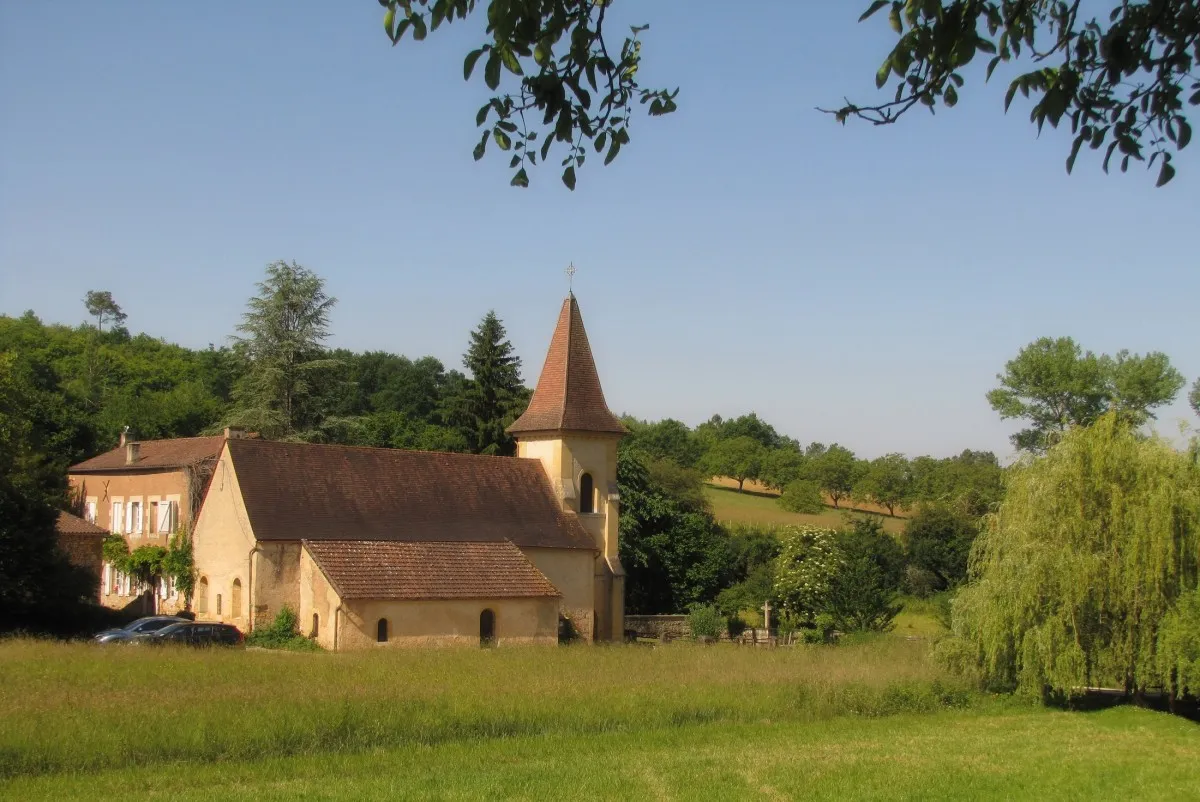By Andrew Isker
A little over a month ago, Tucker Carlson presented a monologue on his show which set off conservative intelligentsia into a fit of impotent rage. The National Review types, who, to a man are as much in touch with the plight of the working man as they are willing and able to change their own oil, were apoplectic that he dare besmirch the economic system that has made our elites rich. Their furor can be summed up as “why don’t those dumb Oxycontin-addled hillbillies just accept some personal responsibility and get a job?” It might be a tiny stretch to say an Ivy League lawyer, a professional blogger, another Ivy League lawyer, and a Wall Street investment banker might not have an entirely accurate understanding of what life is like for poor, rural Americans in 2019.
I grew up, and am now living, in Waseca, MN (population 9,410). We are about 90 minutes from the Twin Cities. The vast majority of the population of our town would be classified as somewhere between working and lower-middle class. What had been the town’s biggest employer, QuadGraphics, closed a plant that had been open for decades. It is a familiar tale for towns like ours all over the United States. Jobs that had provided a decent enough income to support a family have disappeared.
100 years ago, most of the people in rural America who are not college educated would have worked on small farms. Mechanization made farming much larger plots of land more profitable. The agricultural model that had existed for millennia–of a family working a plot of land to provide for themselves and to sell the excess for a small profit– no longer was economically sustainable. This forced excess labor into cities which worked when America actually produced most of the goods she (and the rest of the world) consumed. But today the United States is no longer the industrial powerhouse it once was. Those who are not middle class, those without skills, those without a college education, (or worse those with a college education and the debt that goes with it but without the cushy job their high school guidance counselor promised them) the kind of men who 200 years ago would have more than provided for their families with their labor, now work (along with their spouses) long hours just to make ends meet. As good-paying jobs became more and more scarce, the cost of everything continued to go up—especially healthcare.
Most of these people who I grew up with were never very interested in politics. Things going on in Washington, D.C. did not seem to matter to them all that much. This was often a source of frustration for me. I love to talk about politics, and striking up a conversation about it drew as much interest as talking about 13th Century Italian literature. Much safer to stick to talking about the Vikings or the weather. This all changed in the summer of 2015 when a man descended down his golden escalator to begin his run to the White House. It was stunning. Guys who had never publicly indicated the least bit of interest in politics now were sharing pro-Trump memes and videos daily. As Trump’s initial support was dismissed by punditry and the kind of conservative intelligentsia linked above, I was certain he would not only win the GOP nomination but eventually the White House. I knew there were hundreds of thousands of people just like them. Men and women who could not care less about the politicians that National Review gushes over; men like Mitt Romney and Paul Ryan. Those men have no appeal whatsoever to men with dirt under their fingernails. Hearing them drone on about tinkering with the marginal tax rate or entitlement spending was like listening to a spreadsheet putting on human flesh.
The crude, plainspoken, trashy billionaire who seemed to understand the things they actually care about, on the other hand, is exactly the kind of guy they would turn out for in droves. Someone who seemed to actually have something to say about the problems they face. Someone who would say out loud the things that seem obvious to them. It is these people the church in general, and especially the conservative Reformed churches have failed to reach.
Conservative, Reformed churches appeal to the kind of men who are interested in theological minutiae. We typically draw men who are usually well-educated and have white-collar jobs. Doctors, lawyers, businessmen are heavily represented in our membership. The way our members see the world has much more in common with the men who write for National Review than who swings a hammer for a living. This is not a criticism, but merely a description of the way things are.
The current way of thing need to change. The root of most of societal problems stem from a rejection of both the natural order and the revealed Word of God regarding the sexes. The household has been ransacked for its human resources. Marriages are little more than convenient economic arrangements that occasionally produce offspring. The family is then isolated in a suburb where they have little to no attachment to place or community. This is the societal arrangement from which much of evangelicalism is drawn. Conservative Reformed churches also draw most of their congregants from this environment, although many of these people are apostates from the middle class system of dual incomes; choosing instead for the mother to stay home to raise and homeschool their children. Unless some totally unforeseen and cataclysmic event where the economic, social, and even geographic structure of the post-Industrial West takes place, little about the suburban arrangement will change. Middle-class suburban dwellers, though not without problems of their own, have the most skin in the game with regard to maintaining the status quo. They are the least likely to want things to change. The few, isolated suburb-dwellers who grow dissatisfied with the social dynamics of the 21st Century will not be enough to build anything that will resemble a formidable challenge to the way things are. Put another way, in 1 Samuel 22, the guys who were drawn to David in the cave of Adullam were not the people whose bank accounts were tied to the success of Saul’s regime.
Our efforts at evangelization and church planting ought to instead be in rural and working-class communities. Seed should be spread on the soil where it will take root. The people most open to a gospel that has implications on how we live, how we raise families, how we work, how we interact with our neighbors, will be found not among the people in gentrified hipster neighborhoods, nor bugman-filled McMansions. It will be found where the rebellion against the created order has laid the most waste, where worship of Eros has destroyed the lives of families and children, and where worship of Mammon has left whole communities bankrupt.
In rural and working class communities, revivalistic evangelicalism and effeminized mainline churches are mostly all that exist. Neither has much to offer working men. In the case of the former, if they want to hear a bad rock band, they’d go to their favorite dive bar on a Friday night. In the case of the latter, if they wanted to hear a woman harangue them about how they are the cause of every problem, there are myriad other places they can get that in Anno Domini 2019. A liturgy that is consciously the people of God gathered before their King to do battle with the principalities and powers, to hear He has forgiven them their sins, to hear their King’s orders spoken, to give a portion of what He has given them back to Him, to have Him feed them His body and His blood, would have massive appeal in such a place to such men. These are men who want to live quiet, peaceable lives, to raise their children, to enjoy the gifts God has given them. To be taught and supported in this desire. There are tens of thousands of communities just like my home town in the United States of America. If their voting habits in 2016 are any indication, they are desperate for a savior. Each one of them could have a conservative, Reformed church preaching that Savior each week. If the leaders of conservative, Reformed churches are aware of the economic, political, cultural, demographic, and economic challenges ahead, they will pursue ministry in these places.
Article originally published in February 2019 on Kuyperian.com






